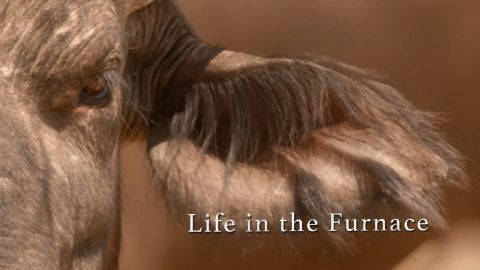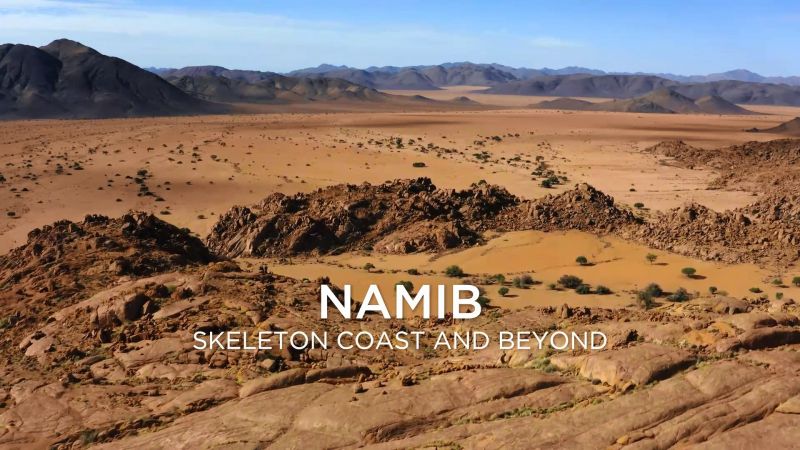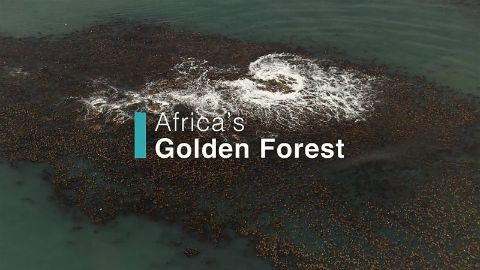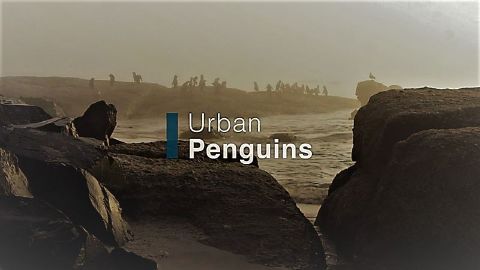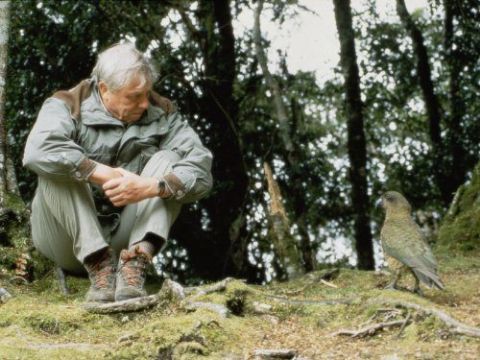Human Evolution • episode "6" • Crash Course Big History
In which John Green and Hank Green teach you about how human primates moved out of Africa and turned Earth into a real-life Planet of the Apes. And the apes are people! John and Hank teach you about how humans evolved, and the sort of tricks they picked up along the way like complex tool use, big brains, and fighting. Learn more: http://www.bighistoryproject.com
Make a donation
Buy a brother a hot coffee? Or a cold beer?
Hope you're finding these documentaries fascinating and eye-opening. It's just me, working hard behind the scenes to bring you this enriching content.
Running and maintaining a website like this takes time and resources. That's why I'm reaching out to you. If you appreciate what I do and would like to support my efforts, would you consider "buying me a coffee"?
Donation addresses
BTC: bc1q8ldskxh4x9qnddhcrgcun8rtvddeldm2a07r2v
ETH: 0x5CCAAA1afc5c5D814129d99277dDb5A979672116
With your donation through , you can show your appreciation and help me keep this project going. Every contribution, no matter how small, makes a significant impact. It goes directly towards covering server costs.

